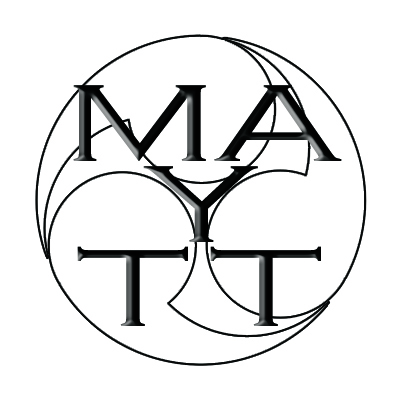Trust is the glue that holds most things together. Trust is the distinction between what is perceived to be real and what’s not. The idea of “being real” often invokes a mental and emotional picture or feeling that defines our state of belief; making things authentic and logical, and therefore trustworthy. In any relationship, trust plays a major role in ensuring that what we are doing, what we are involved in, is worth the effort. It’s a level of stabilization that fuels the long haul and provides point and purpose for our continued involvement and further developments.
Trust in martial arts training is no different; we are building relationships with our partners and ourselves. Trust often emphasizes both our strengths and our shortcomings when it comes to what we understand, how we perform, and our level of engagement. Trust, or the lack thereof, can frequently impact our overall abilities and potential development. Without trust, growth becomes stagnant or even non-existent in some cases. Limitations are reached long before any lasting quality can be achieved or built upon.
Lack of trust in what one does as well as one’s partner most commonly starts with a lack of trust in one’s self; struggling with one’s own abilities and understanding can be the root cause in some cases. We can’t see past our own shortcomings, so we often unknowingly pass those shortcomings or assumptions onto others. Boiling it down, lack of trust comes down to fear; a level of fear that prevents us from making any real commitment. Trust requires commitment. That level of fear puts us in the mindset of not letting go, not being in the moment, and micromanaging things every step of the way. The kind of progress we want, that we need, is missing.
Trust aids in the learning/teaching process. While the main instructor lays out the lesson plan for the class, it is in the trenches, during partner drills and exercises, that the true development takes place. Partners learn from one another, assist one another, and grow with one another. But the opposite is as true as well. Partners can easily pick up bad habits from one another, struggle with one another, and diminish results with one another. It’s a symbiotic circle of progress whether we realize it or not.
We most notably see this sort of thing in the uke who is struggling with ukemi, especially after being on the mat for a significant length of time. There is hesitation and reservation. There is no real commitment, thus there is no improvement or growth.
How then do we build trust and begin moving forward? How do we overcome being our own progress obstacle? Trust is developed through attention to detail; by taking the time and the effort to know what it is we are doing; how to do it, why to do it, when to do it and to what level is required to do it. The more we know, the more we grow. Knowledge is the great leveler when it comes to building trust. The more comfortable we become and are in our own understanding and abilities, the more we will trust in the process to work in the moment and avoiding self-sabotage situations that not only affect us but our partners as well. Trust begets trust; trust in ourselves leads to having trust in others. Training becomes a win-win scenario; everyone benefits.
Most of the time, lack of progress on the mat can be attributed to a lack of trust to some degree solely on our part, barring there isn’t any physical, medical, or learning disability conditions and aside from any safety concerns. Trusting one’s self is having the patience, the knowledge, and the understanding of that knowledge to build upon, integrating it into what we do and how we go about doing it. Like regular training, trust is an ongoing cycle of moving forward and striving to make a difference in where we are presently to where we want to be tomorrow and that is where lasting growth takes place.


